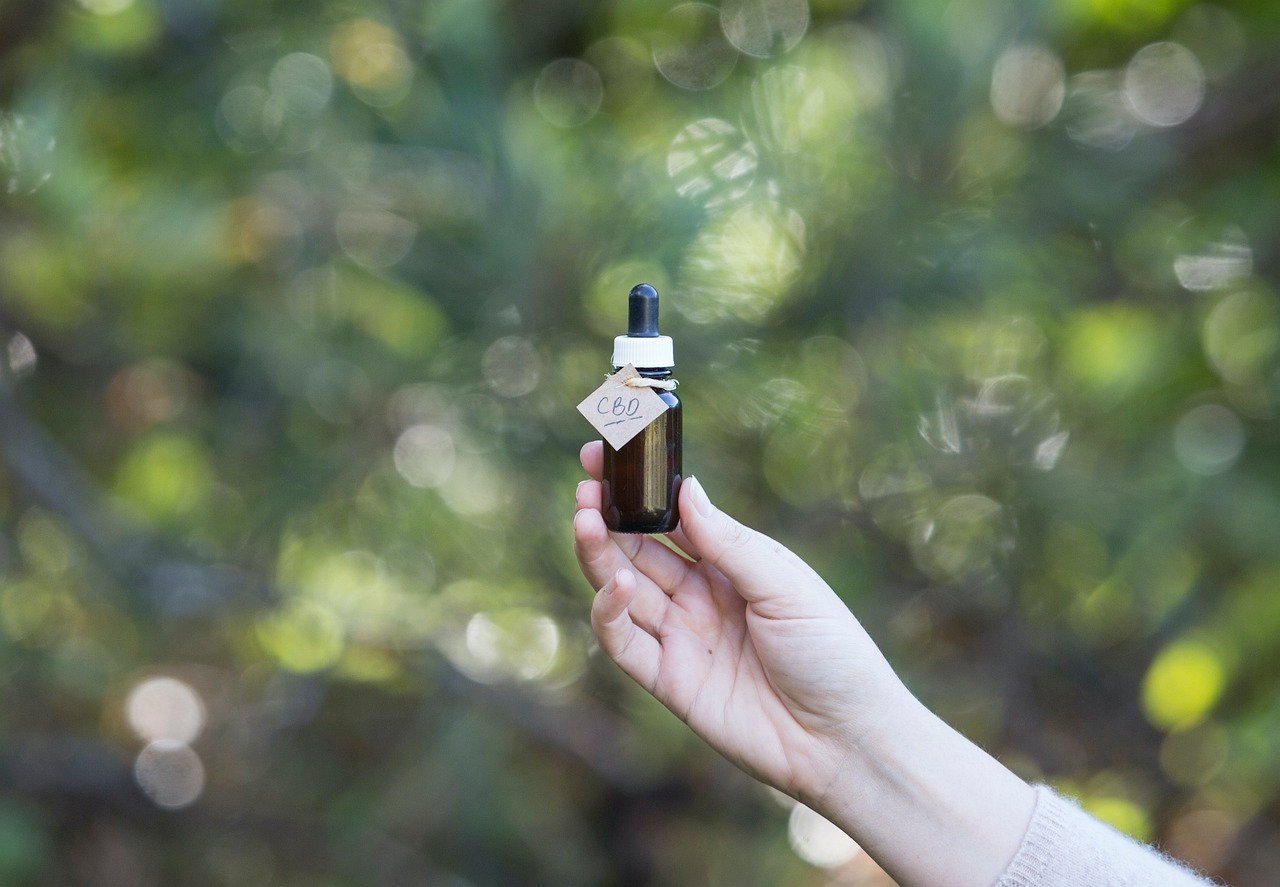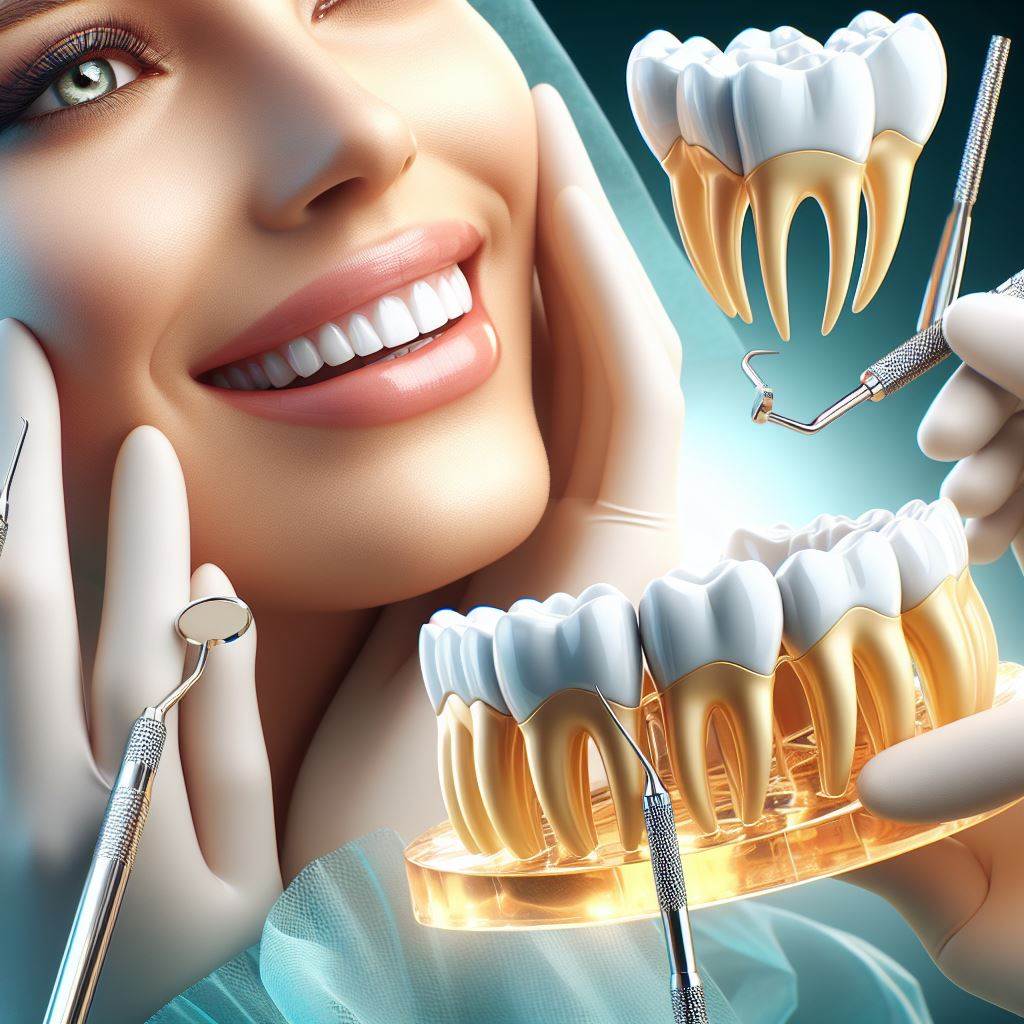Cannabidiol, or CBD, has drawn a lot of interest lately because of its possible advantages for improving mental health, especially for treating disorders like anxiety and depression. The medicinal potential of CBD, a non-psychoactive chemical obtained from the cannabis plant, is being investigated in relation to a number of mental health issues. This article delves into how CBD might positively impact depression and anxiety, providing a comprehensive look at the current understanding of its effects.
Knowing CBD
CBD is one of over 100 cannabinoids found in cannabis. Unlike its well-known counterpart, tetrahydrocannabinol (THC), CBD does not produce a “high” and is not associated with the intoxicating effects commonly linked to cannabis use. Because of this, CBD is a desirable choice for people looking for medical advantages without the negative consequences of psychoactivity.
CBD And Depression
Depression is a common mental health condition that is defined by a range of emotional and physical symptoms, such as persistent sadness and loss of interest in activities. Psychotherapy and medication are common traditional therapies for depression, although these methods may not work for everyone and can have unfavorable side effects. While the early findings are promising, some individuals may find relief from symptoms of depression and anxiety through various forms of CBD, including CBD gummies, which offer a convenient and palatable way to incorporate cannabidiol into their daily routine.
Research into CBD’s effects on depression is still evolving, but there is growing evidence suggesting it may offer potential benefits. According to the study, serotonin levels in the brain, which are essential for controlling mood, may be impacted by CBD. A common target of conventional antidepressants like selective serotonin reuptake inhibitors (SSRIs) is the neurotransmitter serotonin.
Additionally, the effects of CBD on patients with anxiety and depression. The study found that participants who took CBD reported reductions in both anxiety and depression symptoms. The researchers concluded that CBD could be a promising adjunctive therapy for those with mood disorders, though they emphasized the need for further research.
CBD And Anxiety
Millions of people worldwide suffer from anxiety disorders such as panic disorder, social anxiety disorder, and generalized anxiety disorder (GAD). Symptoms of anxiety disorders can range from persistent worry and nervousness to physical symptoms such as heart palpitations and sweating.
CBD’s potential benefits for anxiety have garnered substantial interest. The endocannabinoid system (ECS), which regulates mood, stress, and anxiety, is impacted by the molecule. Studies have indicated that CBD might affect the ECS in a way that lowers anxiety symptoms.
Those who got CBD reported noticeably less anxiety than those who got a placebo. Research on CBD suggests that it might have an impact on the brain’s limbic system, which controls emotions and reduces anxiety.
The review highlighted that while the findings are promising, further clinical trials are needed to establish optimal dosages and long-term effects.
Safety And Considerations
While the potential benefits of CBD for depression and anxiety are encouraging, it is essential to approach its use with caution. Though it can interact with some drugs and produce adverse effects, including dry mouth, changes in appetite, and dizziness, CBD is usually well-tolerated. Before beginning CBD, especially if you currently use medication or have underlying medical issues, it is imperative to see a healthcare provider.
Moreover, CBD products’ quality and purity could differ greatly. Selecting premium, trustworthy companies with third-party lab testing will help you be sure you are obtaining a safe and useful product.
Conclusion
According to a preliminary study, CBD may be able to help manage anxiety and depression by changing neurotransmitter systems and easing associated symptoms. However, while the early findings are promising, more rigorous and large-scale studies are needed to fully understand its efficacy and safety.
See a healthcare provider to go over the possible advantages and drawbacks of CBD should you be thinking about including it in your mental health program. With ongoing research and advancements in the field, CBD may become a valuable tool in supporting mental health and well-being.



